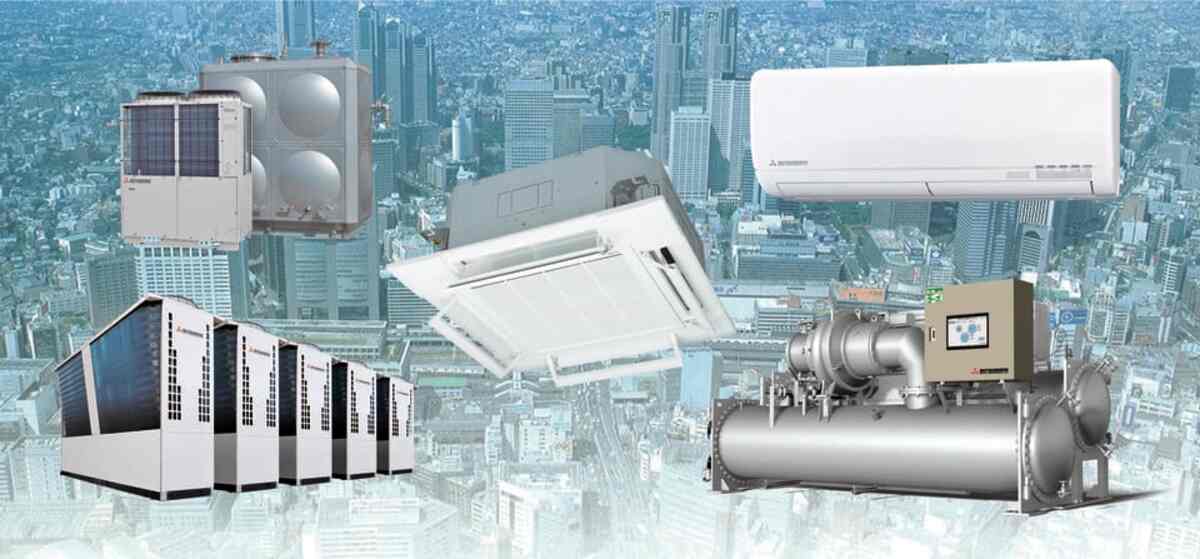Introduction
Entropy, a fundamental concept in thermodynamics, plays a crucial role in the fields of refrigeration and air conditioning. Often associated with disorder and randomness, entropy is a measure of the amount of energy in a system that is not available to do work. In the context of refrigeration and air conditioning, understanding entropy helps in designing more efficient systems and improving their performance. This article delves into the concept of entropy, its implications in refrigeration and air conditioning, and how it affects the efficiency and functionality of these systems.
What is Entropy?
Entropy is a thermodynamic property that quantifies the degree of disorder or randomness in a system. It is often described as the measure of energy dispersal within a system. The second law of thermodynamics asserts that the overall entropy of an isolated system cannot diminish over time. Consequently, natural processes tend to progress towards a state of maximum entropy or chaos.
In simpler terms, entropy can be thought of as the amount of energy in a system that is unavailable for doing useful work. As entropy increases, the system becomes more disorganized, and the energy becomes more evenly spread out.
Entropy in Refrigeration Systems
Refrigeration systems are designed to transfer heat from a low-temperature region to a high-temperature region, thereby cooling the desired space. This process involves the use of a refrigerant, which absorbs heat from the space to be cooled and releases it to the surroundings. The efficiency of this process is influenced by the entropy changes that occur within the system.
Refrigerant Cycle and Entropy:
In a typical refrigeration cycle, the refrigerant undergoes various phase changes and temperature variations. These changes are accompanied by entropy changes. For instance, when the refrigerant evaporates in the evaporator coil, it absorbs heat and its entropy increases. Conversely, when it condenses in the condenser coil, it releases heat and its entropy decreases.
Entropy Generation:
Entropy generation occurs due to irreversibilities in the system, such as friction, heat transfer across finite temperature differences, and non-ideal fluid flow. These irreversibilities lead to energy losses and reduce the overall efficiency of the refrigeration system. Minimizing entropy generation is essential for improving the performance of refrigeration systems.
Entropy in Air Conditioning Systems
Air conditioning systems, like refrigeration systems, rely on the principles of thermodynamics to regulate indoor temperatures. The role of entropy in air conditioning systems is similar to that in refrigeration systems, with a focus on maintaining comfort while minimizing energy consumption.
Cooling and Dehumidification:
Air conditioning systems not only lower the temperature but also dehumidify the air. The process of dehumidification involves the condensation of water vapor, which is accompanied by a decrease in entropy. Efficient dehumidification requires careful control of temperature and humidity levels to minimize entropy generation.
Heat Exchangers and Entropy:
Heat exchangers are critical components of air conditioning systems. They enable the exchange of heat between the indoor and outdoor environments. The effectiveness of heat exchangers is influenced by entropy changes. Efficient heat exchangers minimize entropy generation by ensuring optimal heat transfer with minimal energy losses.
Improving Efficiency through Entropy Management
Understanding and managing entropy is key to enhancing the efficiency of refrigeration and air conditioning systems. Here are some strategies to achieve this:
Reducing Irreversibilities:
Minimizing irreversibilities in the system, such as friction and non-ideal fluid flow, can significantly reduce entropy generation. This can be achieved through proper system design, regular maintenance, and the use of high-quality components.
Optimizing Heat Transfer:
Efficient heat transfer is essential for reducing entropy generation. This can be achieved by using advanced heat exchanger designs, improving insulation, and ensuring proper airflow within the system.
Energy Recovery:
Implementing energy recovery techniques, such as heat recovery ventilators and regenerative heat exchangers, can help reclaim energy that would otherwise be lost. This reduces the overall entropy generation and improves system efficiency.
Advanced Control Systems:
Modern refrigeration and air conditioning systems often incorporate advanced control systems that optimize the operation of various components. These control systems can adjust parameters in real-time to minimize entropy generation and enhance overall performance.
Conclusion
Entropy, as a measure of disorder and energy dispersal, plays a significant role in the efficiency and functionality of refrigeration and air conditioning systems. By understanding and managing entropy, engineers and designers can develop more efficient systems that provide optimal cooling and comfort while minimizing energy consumption. Reducing irreversibilities, optimizing heat transfer, and implementing advanced control systems are key strategies for managing entropy and improving the performance of these systems. As technology continues to advance, the role of entropy in refrigeration and air conditioning will remain a critical area of focus for achieving sustainable and energy-efficient solutions.
Service ac jakarta: Regular maintenance of HVAC systems is crucial for ensuring optimal performance and longevity. Roland HVAC maintenance services offer comprehensive care for heating, ventilation, and air conditioning systems, addressing both minor and major issues to keep your system running smoothly.
One of the key aspects of Roland HVAC maintenance is the thorough inspection of all system components. Technicians check for any signs of wear and tear, clean filters, and ensure that all parts are functioning correctly. This proactive approach helps in identifying potential problems before they escalate into costly repairs.
Another important service provided by Roland HVAC maintenance is the cleaning and lubrication of moving parts. This reduces friction and wear, enhancing the efficiency of the system. Additionally, technicians check and calibrate thermostats to ensure accurate temperature control, which can significantly improve energy efficiency.
Regular maintenance also includes checking and tightening electrical connections, inspecting ductwork for leaks, and ensuring proper airflow. These steps are essential for maintaining indoor air quality and preventing energy loss.
By scheduling routine maintenance with Roland HVAC, homeowners can extend the lifespan of their systems, reduce energy bills, and avoid unexpected breakdowns. Investing in regular HVAC maintenance not only ensures comfort but also contributes to a more sustainable and cost-effective home environment.
